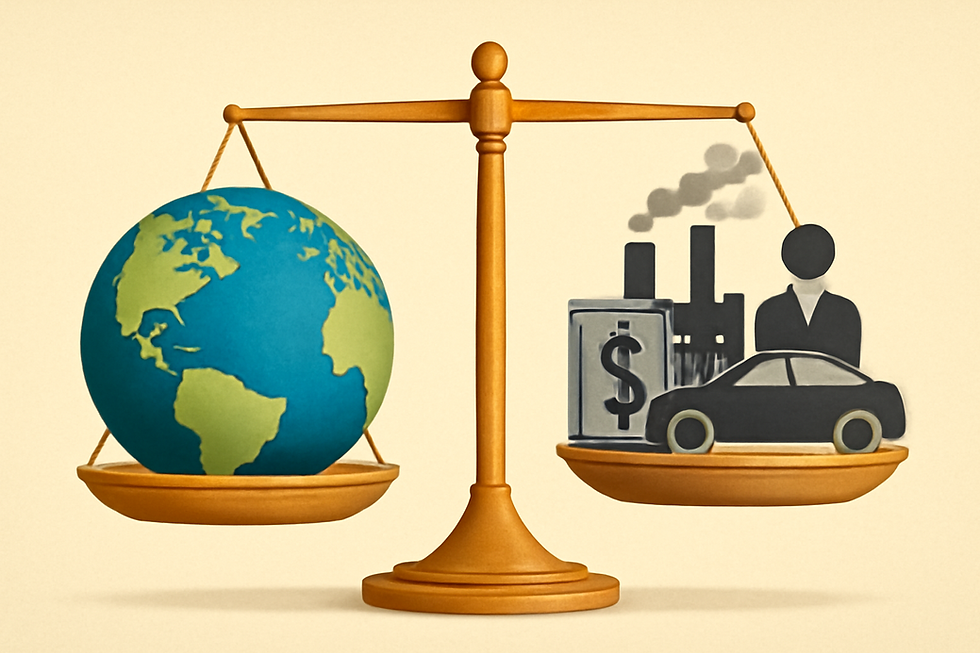Trump's return: An Unintended Catalyst for the European Union?
- Kairos Affaires Publiques

- May 8
- 2 min read
Trump’s return, initially perceived as a rupture, may prove, unexpectedly and ironically, to act as an accelerant. Less by choice than by necessity, the European Union is entering a new phase of political maturity.
Since returning to the White House in January 2025, Donald Trump has swiftly reimposed his stamp over US foreign policy. With protectionist rhetoric, open scepticism of traditional alliances such as NATO, and partial withdrawals from key multilateral climate and trade frameworks, the Trump administration has set a clear course for a deliberate, long-term strategic shift.
This instability, paradoxically, may well prove to be structurally beneficial, triggering a renewed push for political integration and coordination within the European Union. Within weeks, European capitals had acknowledged a new reality: automatic alignment with American priorities could no longer be taken for granted. Trump’s inaugural address declaring that “Europe must pay for its own defence”, combined with the suspension of joint NATO exercises, sent a clear and unambiguous signal.
Brussels moved quickly to reactivate its common defence mechanisms, accelerating the expansion of the European Defence Fund, fast-tracking the creation of an integrated operational command and orchestrating a coordinated increase in defence investment across Member States.
On the economic front, Washington’s renewed trade tensions with China were swiftly followed by new tariffs on European exports, particularly in the automotive and agri-food sectors. In response, the European Commission intensified its open strategic autonomy agenda, reigniting trade negotiations with India and Mercosur, deepening industrial partnerships in Africa and strategically reshoring critical value chains including semiconductors, AI, batteries. The aim: to safeguard strategic assets while diversifying Europe’s global economic alliances.
Faced with growing unpredictability, several Member States long cautious about deeper integration, such as Sweden, Poland and the Czech Republic, moved closer to Franco-German positions. The institutional reform agenda, revitalised following the Conference on the Future of Europe, has gained new traction. Among the proposals now firmly on the table: ending unanimity in foreign and defence policy and creating a fully empowered European foreign affairs role with real executive authority. This is perhaps the most significant impact of Trump’s second term.
Admittedly, internal divisions remain on migration, the energy transition, and enlargement. But US unpredictability is acting as an external unifier, pushing the EU to adopt a more explicitly geopolitical role. For businesses, representative bodies, and civil society actors, this evolving landscape requires a strategic repositioning: Europe is no longer just a market, but an emerging regulatory and normative power, with reinforced priorities around resilience, security, and global influence.
Céleste Dubois-Montécot from the French agency Kairos Public Affairs wrote this contribution. Contact any of our United Government Affairs network members to analyse the threats and opportunities behind this initiative and engage in policymaking.



Comments